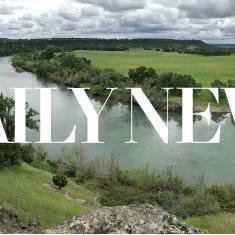The state of Vermont is breaking new ground by taking on the oil industry. The state passed a bill requiring fossil fuel companies to pay for damages that are caused by climate change. Vermont is the first state in the U.S. to make such a move.
This bill comes nearly one year after Vermont suffered catastrophic flooding, which washed out roads and bridges, caused mudslides, and resulted in consequential property loss of homes and businesses.
“For too long, giant fossil fuel companies have knowingly lit the match of climate disruption without being required to do a thing to put out the fire,” Paul Burns, executive director of the Vermont Public Interest Research Group (VPIRG), said. “Finally, maybe for the first time anywhere, Vermont is going to hold the companies most responsible for climate-driven floods, fires and heat waves financially accountable for a fair share of the damages they’ve caused.”
Vermont Gov. Phil Scott, R, allowed the bill to become law without his signature. He said that though he understands the desire to seek payments from oil companies, he’s concerned.
“Taking on ‘Big Oil’ should not be taken lightly,” Scott wrote in a letter to the General Assembly. “And with just $600,000 appropriated by the legislature to complete an analysis that will need to withstand intense legal scrutiny from a well-funded defense, we are not positioning ourselves for success.”
The law requires the Vermont state treasurer to provide a report by January 2026 on the cost of greenhouse gases on the state from Jan. 1, 1995, to Dec. 31, 2024.
The state will create a “Climate Superfund Cost Recovery Program” which would fine “responsible parties” and use the revenue for climate change projects. Those projects could include updating roads, bridges and railroads, upgrading stormwater systems and sewage treatment plants, and more.
The American Petroleum Institute responded in a statement. The Vermont law “retroactively imposes costs and liability on prior activities that were legal, violates equal protection and due process rights by holding companies responsible for the actions of society at large; and is preempted by federal law.”
Though Vermont is the first in the nation to pass this kind of law, New York, Massachusetts and Maryland are all considering similar legislation.






























































